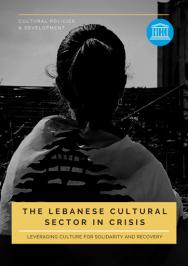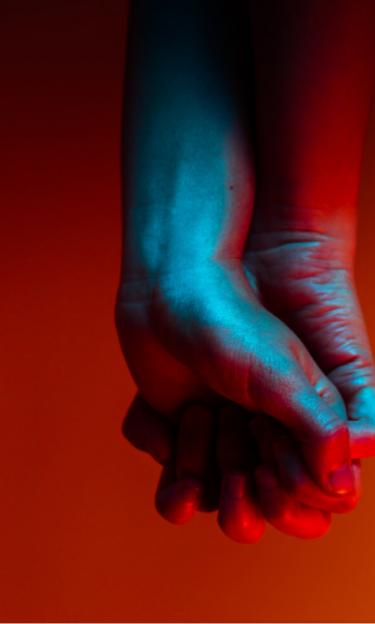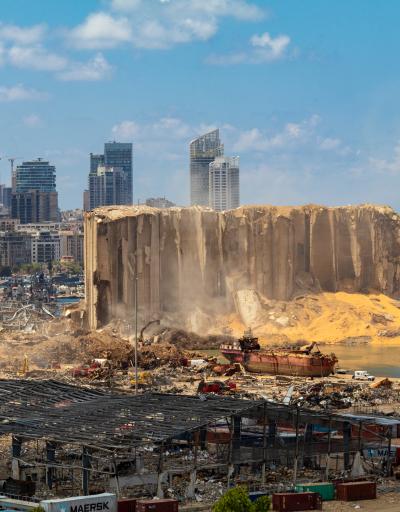
Reviving Beirut's Culture
The millennia-old city of Beirut is a cultural beacon of the Mediterranean. Its historic districts bear witness to rich past civilizations which have left their mark on the streets of modern Beirut. The two port explosions damaged some 640 heritage buildings, 60 of which were critically deteriorated.
UNESCO took on the bold wager of undertaking the documenting of the destruction of Beirut’s cultural and architectural heritage down to the details. Financed by UNESCO’s Emergency Heritage Fund, the documentation project, launched in September 2020, was carried out by the French start-up ICONEM, in close collaboration with the Lebanese Directorate General of Antiquities (DGA). With more than 100,000 images, it resulted in the creation of a geo-referenced three-dimensional model of the Lebanese capital, which is crucial to the city’s reconstruction. The documentation project also provided an opportunity to train young archaeologists from the DGA in this complex exercise.
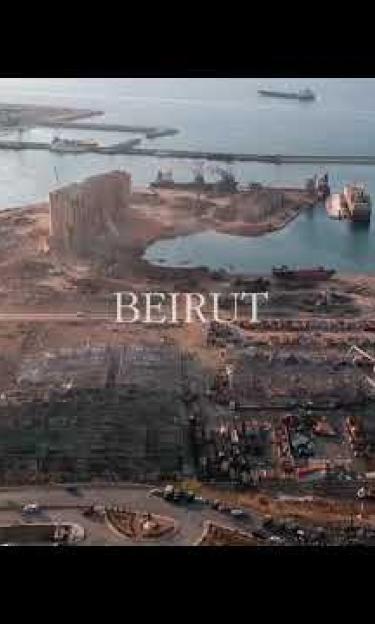
"On the day of the explosion, it was as if a real nuclear bomb had gone off in the heart of the city. All the buildings that we have been trying to preserve for 20 years were gone! Looking back, what we have been able to achieve so far is extraordinary, but every penny, every bit of help can count for the future."
Our action for Culture in numbers
"This area was, in a way, the last bastion in Beirut that was untouched and rich in heritage. If we don’t want to end up with a ghost town, every Lebanese must help rebuild the houses of Beirut, in his or her own way. For his or her city, its historical fabric, its heritage. This is all that is left."
In the districts of Rmeil, Medawar and Saifi, UNESCO identified priority historic buildings that are at risk of collapse, a risk compounded by that of gentrification. The UNESCO Emergency Heritage Fund then financed the stabilization of two buildings, including the renowned Villa Boustani, House of Arts. With the financial support of Germany, UNESCO succeeded in stabilizing and supporting 12 heritage buildings.
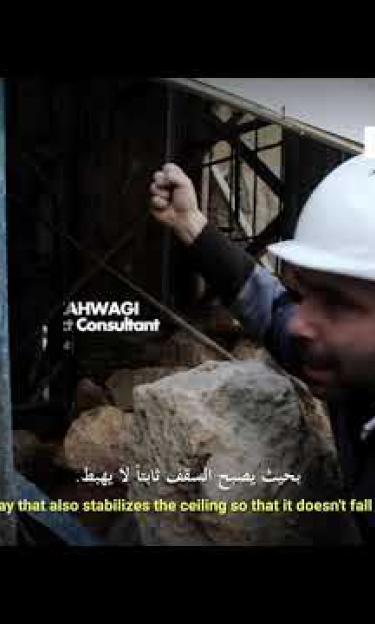
"My house meant everything to me, I would have preferred to die. Today, I have a small hope of returning home, and I only want the bare necessities. A few pieces of furniture will be enough…"
Located in Ashrafieh, the Sursock Museum is one of Beirut’s few monuments that present 18th and 19th century Lebanese manorial architecture in the Venetian and Ottoman styles. The Italian government and UNESCO signed a €1 million funding agreement to support the rehabilitation and reopening of the museum. This will allow the museum’s heritage and collections to be preserved and made available to the public so that they can play a fundamental educational role within the urban fabric and dynamic historical districts of the capital.
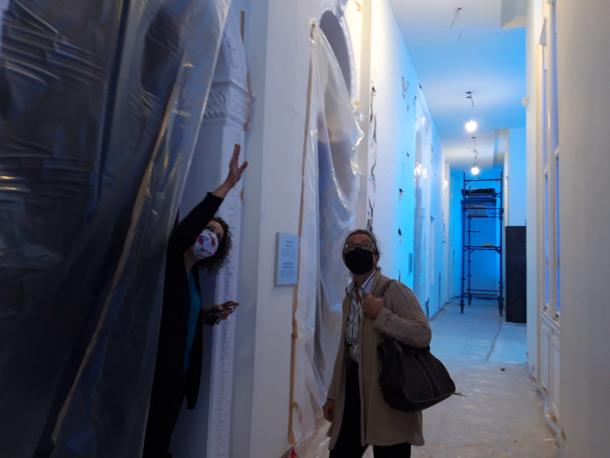
"Italian cooperation and UNESCO’s support for the reconstruction of the museum are invaluable. It will allow Beirut and its citizens to reclaim a space that has become a second home for so many in the cultural sector and in the wider local community, a space that aims to promote openness and support the creation of knowledge."
The explosions at the port risked bringing down the cultural and artistic sector entirely. In cinemas, galleries, theatres, museums, learning establishments, recording studios and cultural spaces, the immense damage brought cultural life in Beirut to a standstill. A talented generation of young Lebanese artists was left with only one hope, that of leaving. In early 2021, UNESCO conceived a unique project to revive the city’s cultural life, the TERDAD (RESONANCE) Festival, with three days of public cultural activities in four ravaged iconic spaces in the heart of Beirut, including the Sursock Museum. The event offered a unique programme co-produced with five local cultural associations in different artistic disciplines, thanks to the support of UNESCO’s Emergency Heritage Fund, Iceland, and Kuwait. TERDAD marked the resumption of creative activity in the city, so necessary to regain a sense of normality and meaning in life.
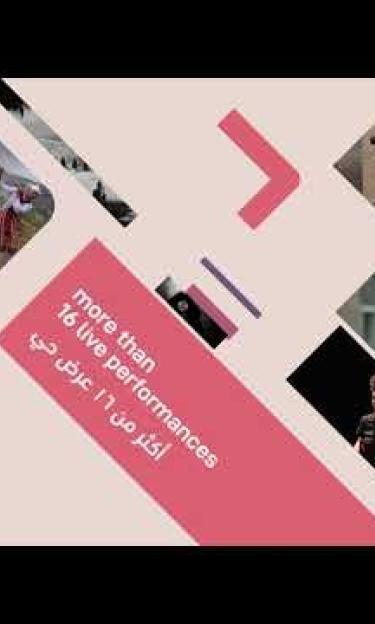
"We had never stopped our activities in 15 years, until 4 August 2020, when our premises, our projects and our dreams exploded,” says. “The cultural diversity that can only be found in Lebanon has been hit. UNESCO’s initiative was a framework for us to work together as cultural institutions. TERDAD is an attempt to see what is left of us, a post-disaster assessment."
As part of its revival of cultural life project, UNESCO restored 17 paintings that were damaged during the port blasts. The restoration works were conducted by The Beirut Museum of Art – BeMA, with a grant from the Government of Iceland. The artworks all carry the signatures of renowned Lebanese artists such as Jamil Molaeb, Hussein Madi, Amine El Basha, Shawki Chamoun, Paul Guiraguossian, Rafik Majzoub, Edgar Mazigi, Nizar Daher, Hassan Jouni and Bibi Zoghbe, and include pieces from the BeMA - Ministry of Culture collection exhibited at the Grand Serail, as well as others from local galleries and private collectors.
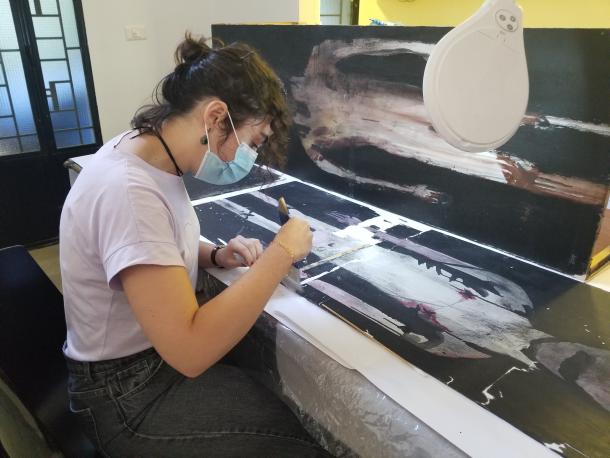
A major centre for literary production and dissemination, with its Francophone Book Fair, Beirut has been designated by UNESCO as a Creative City of Literature in 2019. Members of UNESCO’s Creative Cities Network work together and support each other, especially in difficult times. Since the launch of the Li Beirut initiative, different Creative Cities around the world, including Buenos Aires (Argentina), Angoulême (France) and Montreal (Canada), Sharjah (United Arab Emirates), Llíria (Spain), Enghien-les-Bains (France) and Zahle (Lebanon) have set up solidarity and support initiatives for Beirut, launched fundraising campaigns, donated food and medicines, as well as organized cultural and educational activities highlighting Beirut’s vibrant cultural heritage, creativity, and scene.
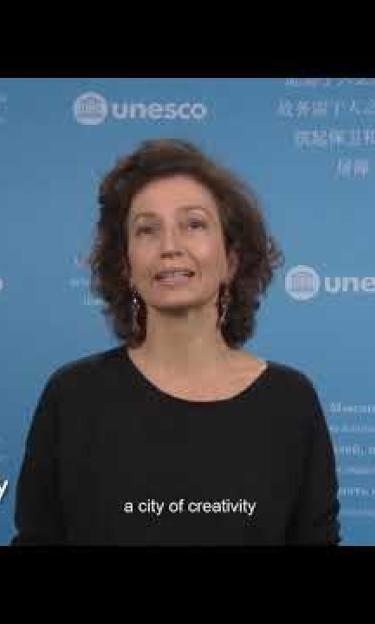
The Lebanese cultural sector in crisis
